Online dating: has it changed the fabric of society?
Intermarriage has seen a massive increase in the past decade, while marriages formed online are lasting longer
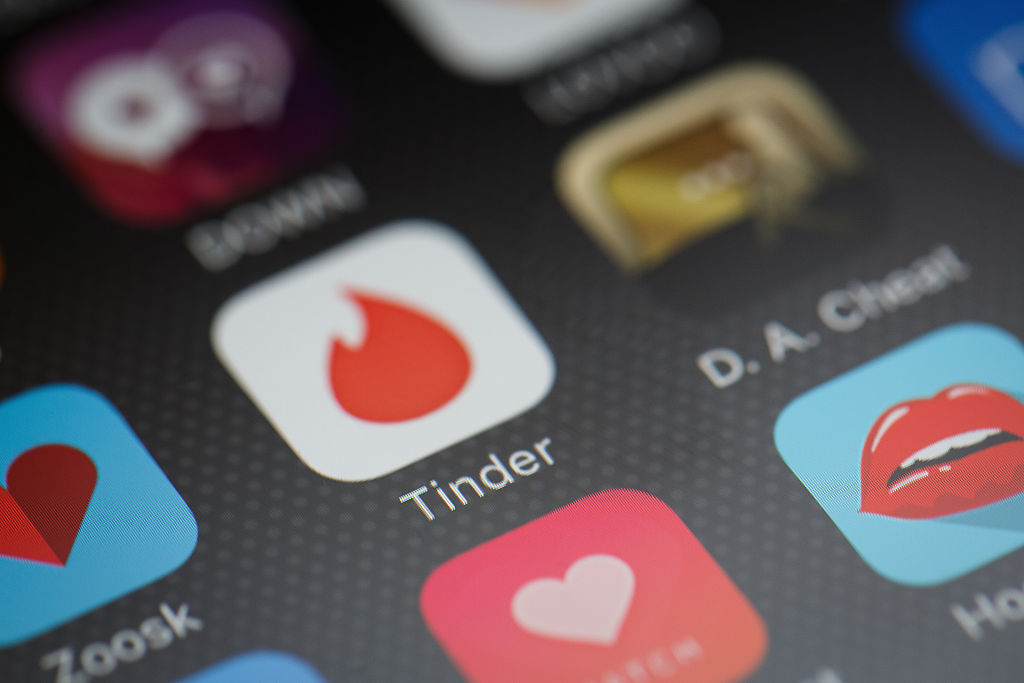
A free daily email with the biggest news stories of the day – and the best features from TheWeek.com
You are now subscribed
Your newsletter sign-up was successful
More people than ever are meeting the love of their life online, rather than waiting for friends to hook them up - but what does that mean for society as a whole?
The rise of dating websites and apps such as Tinder has been so rapid that it is now the “second most common way for heterosexual couples to meet”, and the most popular platform for homosexual couples, says a report in MIT Technology Review.
Digital dating has many “knock-on effects” for how society functions, says Alphr - not least because it makes it far easier for people from different cultures and social backgrounds to meet.
The Week
Escape your echo chamber. Get the facts behind the news, plus analysis from multiple perspectives.

Sign up for The Week's Free Newsletters
From our morning news briefing to a weekly Good News Newsletter, get the best of The Week delivered directly to your inbox.
From our morning news briefing to a weekly Good News Newsletter, get the best of The Week delivered directly to your inbox.
In fact, a study by researchers from the universities of Essex and Vienna found there has been a significant increase in interracial partnerships since the trend took off - suggesting a link.
How has the dating landscape changed?
Researchers have spent the past 50 years studying the way in which societies formulate real-world social networks and how this influences dating habits, reports MIT Technology Review.
This research found that people tend to partner up with other people “loosely connected” to their real-world social network, the website says. So while most people generally avoid dating their closest friends, the site says, they are “highly likely to date people linked with their group of friends”.
A free daily email with the biggest news stories of the day – and the best features from TheWeek.com
However, the rise of online dating is changing all that.
The study by the universities of Essex and Vienna reports that “meeting people outside our social network online can intuitively increase the number of interracial marriages in our societies”.
According to the researchers, the rate of interracial marriage “has consistently increased in the last 50 years”, but saw a particularly steep hike following the inception of the first major online dating service, Match.com, in 1995. There was another jump around 2004, as “online dating became more popular” with the launch of websites such as OkCupid.
The most recent boom in interracial marriages came in 2014, when popular app Tinder was really taking off, the researchers said. Between 2010 and 2015, the rate of interracial marriages in the US rose from 15.1% to 17%.
Breaking down social barriers
The researchers say that “understanding the evolution of interracial marriage is an important problem, for intermarriage is widely considered a measure of social distance in our societies”.
Marriage between spouses of a different race or ethnicity was formally declared legal in the US in 1967, says Alphr, and since then the sharpest increases in such unions have coincided with “important milestones in online dating history”.
Emphasising this link to online dating, the website says that “while you’d expect interracial marriages to become more likely as the US population becomes more diverse, it doesn’t match the rate at which the change is occurring”.
“The change in the population composition in the US cannot explain the huge increase in intermarriage that we observe,” the researchers conclude.
They also note that marriages formed online “last longer than those created in societies without this technology”.
Of course, it is still early days for digital dating, and for the unions formed as a result, but one thing is clear - its effects are far more profound than just changing the way we meet our partners.
-
 Switzerland could vote to cap its population
Switzerland could vote to cap its populationUnder the Radar Swiss People’s Party proposes referendum on radical anti-immigration measure to limit residents to 10 million
-
 Political cartoons for February 15
Political cartoons for February 15Cartoons Sunday's political cartoons include political ventriloquism, Europe in the middle, and more
-
 The broken water companies failing England and Wales
The broken water companies failing England and WalesExplainer With rising bills, deteriorating river health and a lack of investment, regulators face an uphill battle to stabilise the industry
-
 Will AI kill the smartphone?
Will AI kill the smartphone?In The Spotlight OpenAI and Meta want to unseat the ‘Lennon and McCartney’ of the gadget era
-
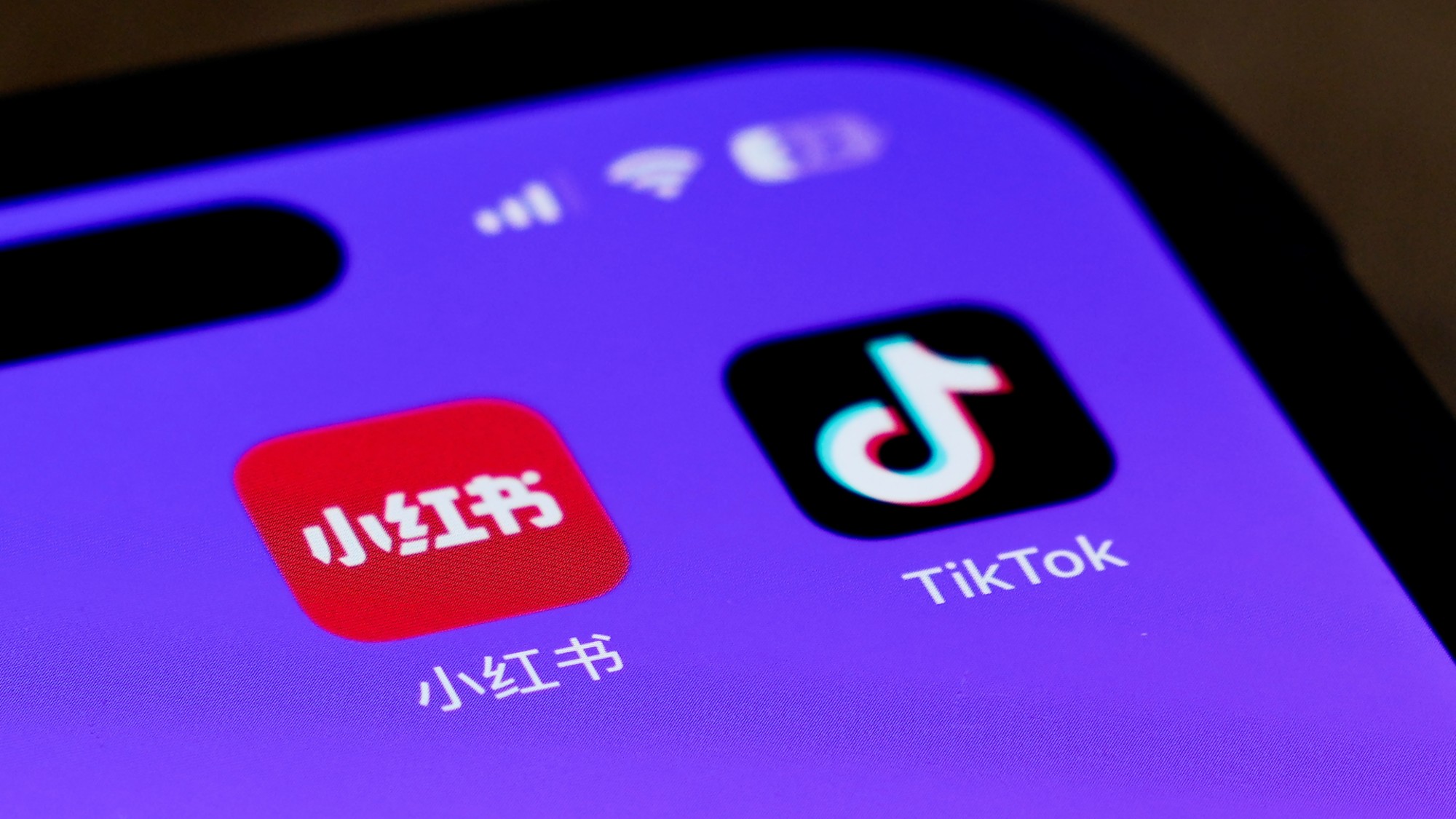 TikTok alternatives surge in popularity as app ban looms
TikTok alternatives surge in popularity as app ban loomsThe Explainer TikTok might be prohibited from app stores in the United States
-
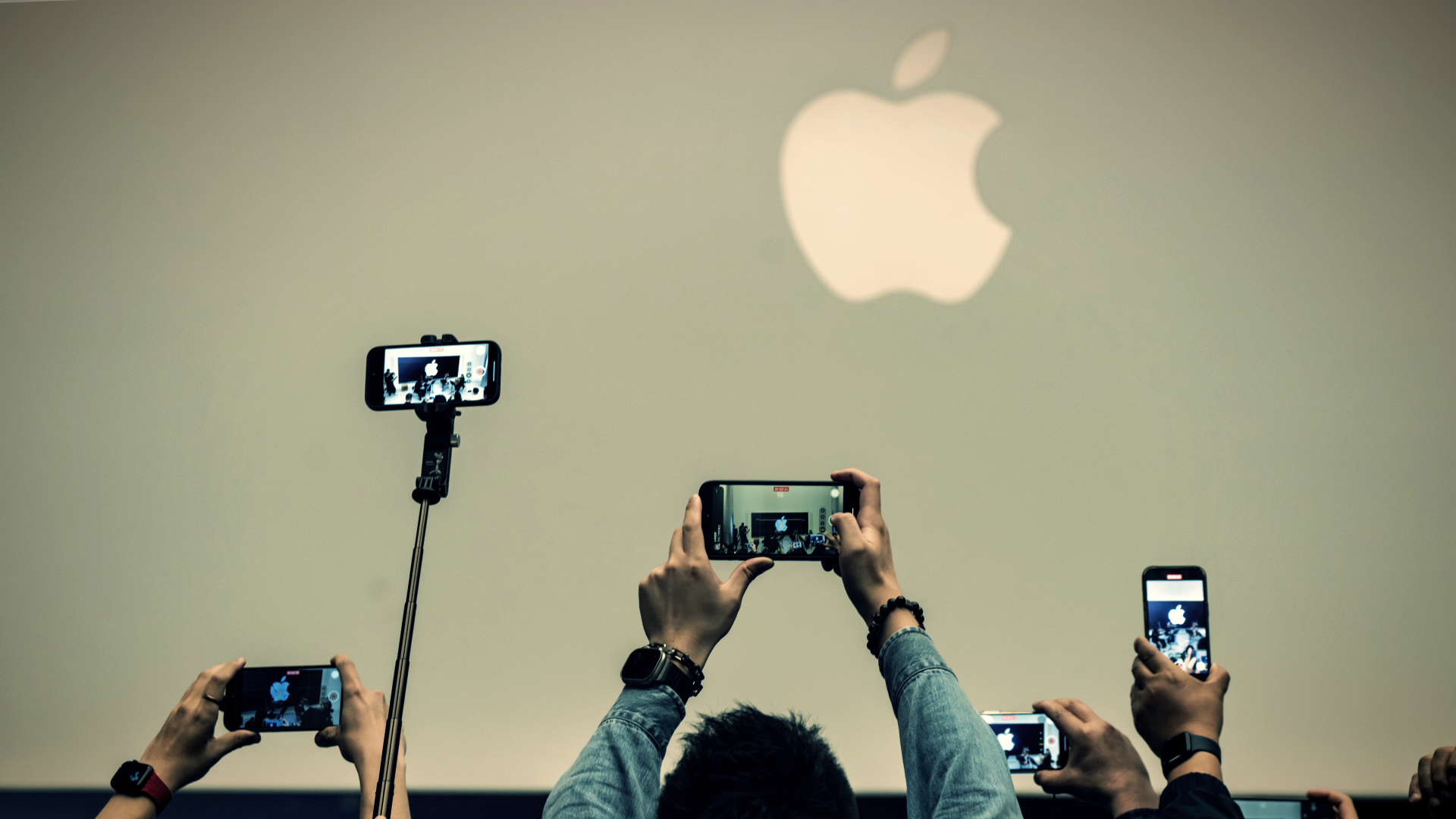 Justice Department bites Apple with iPhone suit
Justice Department bites Apple with iPhone suitSpeed Read The lawsuit alleges that the tech company monopolized the smartphone industry
-
 Phubbing: a marriage-wrecking habit?
Phubbing: a marriage-wrecking habit?Talking Point New study says couples are avoiding talking to each other by looking at their phones - but was it ever thus?
-
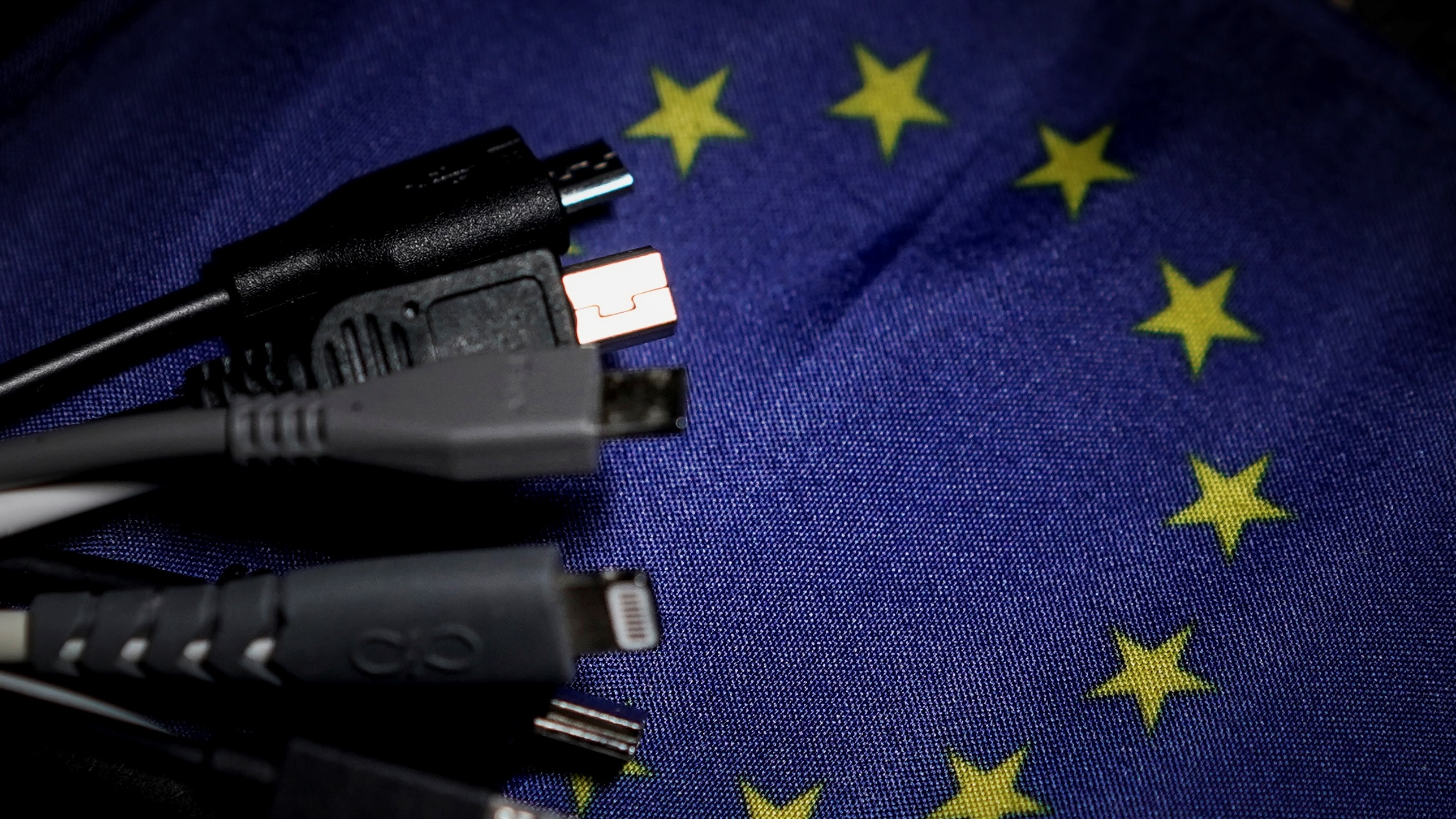 The arguments for and against universal chargers
The arguments for and against universal chargersPros and Cons European Commission pushing to establish USB-C as standard for all phones
-
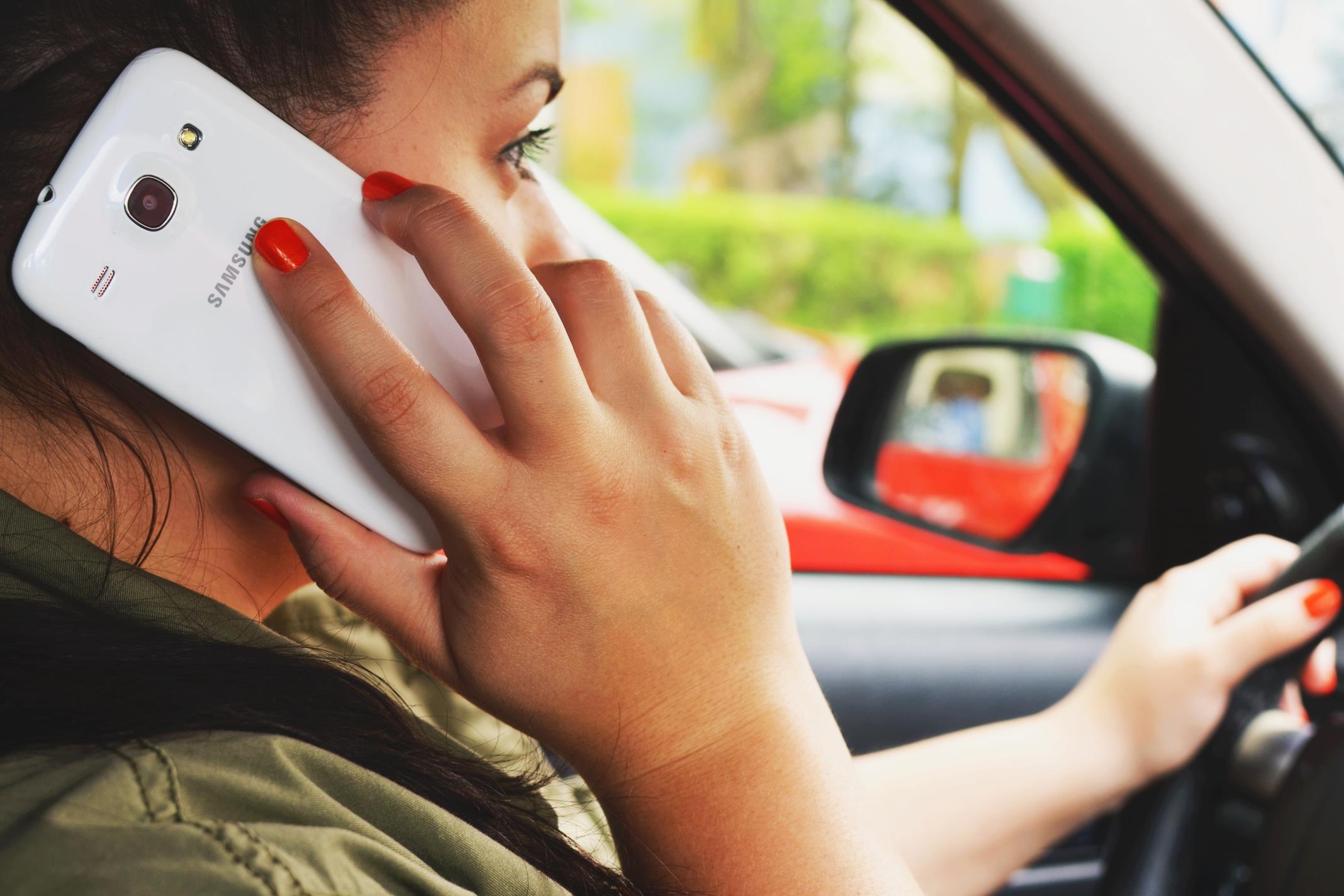 Do smartphones make headaches worse?
Do smartphones make headaches worse?Speed Read New study finds that users who get regular migraines take more painkillers but experience less relief
-
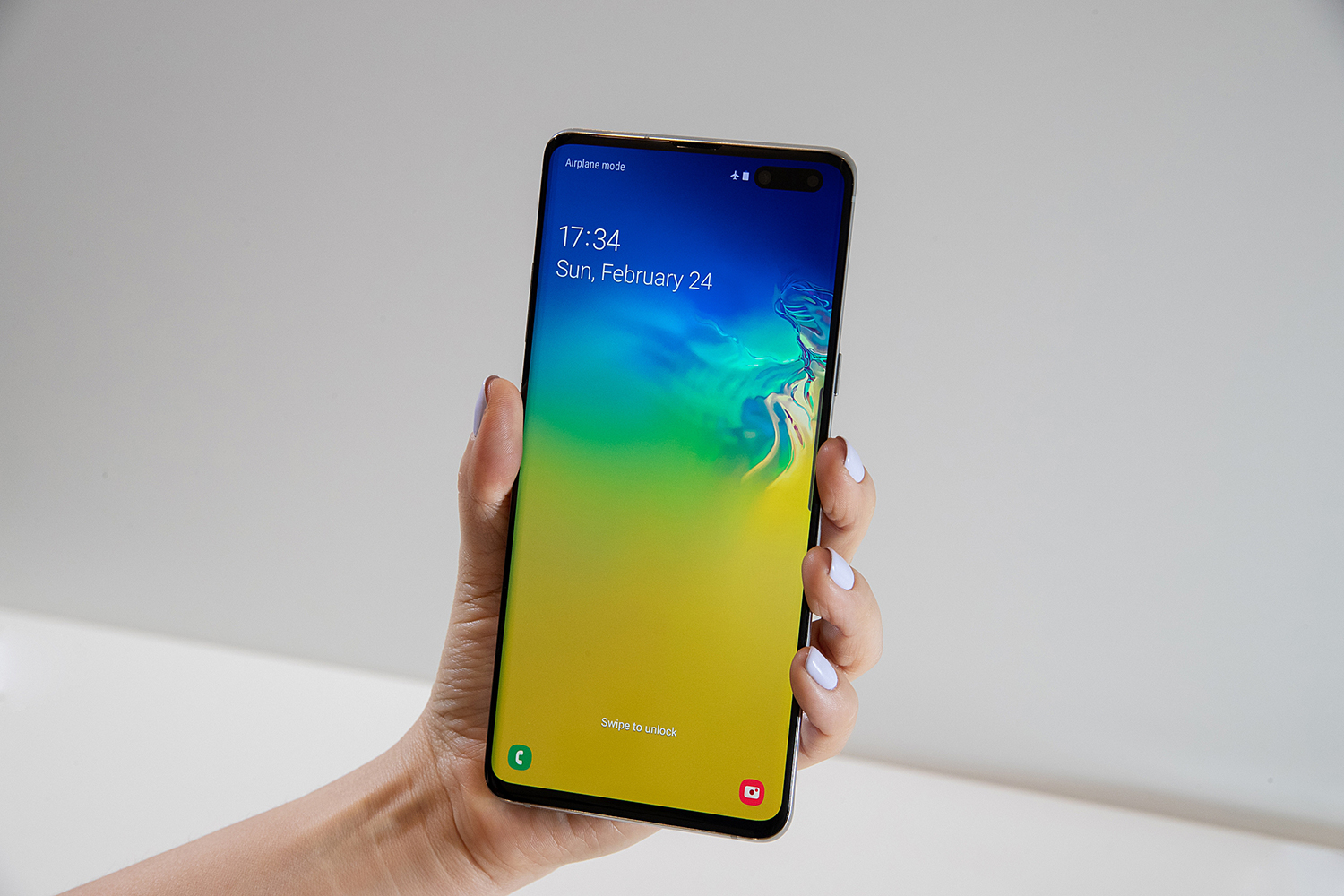 Samsung Galaxy S11 news: design, five-lens camera and more
Samsung Galaxy S11 news: design, five-lens camera and moreIn Depth The iPhone 11 rival is being touted as the Korean firm’s ‘nuclear weapon’ for 2020
-
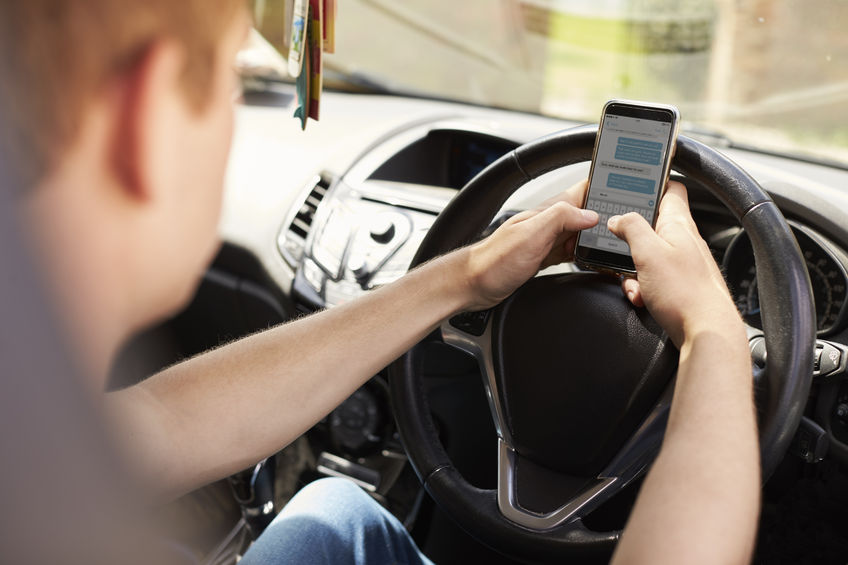 Mobile phone driving laws: loophole allowing filming to be closed
Mobile phone driving laws: loophole allowing filming to be closedIn Depth New rules will ban drivers from ‘picking up their mobiles for any reason’